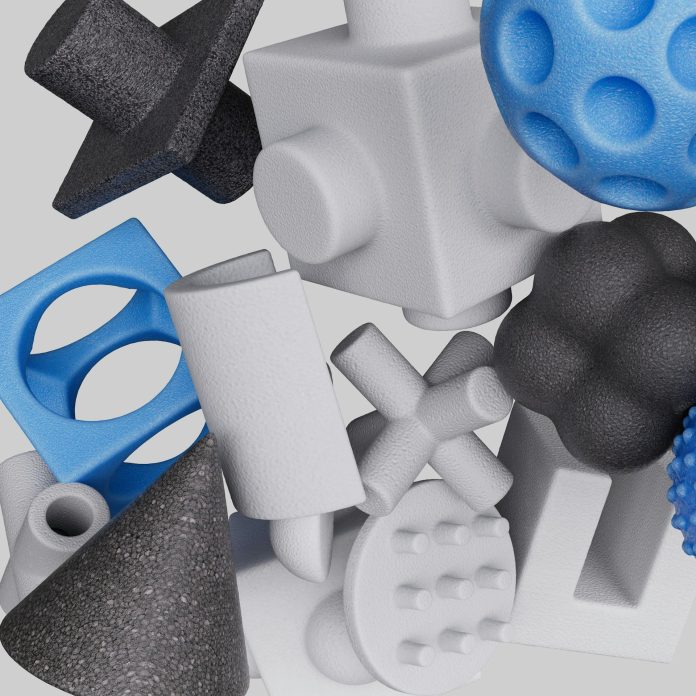Polystyrene injection molding is one of the technique that has been very successful in producing different kinds of plastic products It is an inexpensive thermoplastic polymer with many good properties and a material that meets easily the required processing parameters; hence used widely in various industries. In this s blog post we are going to begin by defining what Polystyrene injection molding involves, where it is used and why this process should be carried out.
Polystyrene Injection Molding
It entails the use of pellets that is made of polystyrene and where the material is heat to melt stage before the molten item is cast in a mold cavity. After that, cooling of the mold is done with a view of attaining the shape of the solidified metal. According to this method, a large number of similar parts of small tolerance can be produced in a shorter time.
There are two main kinds of polystyrene used in injection molding:
General Purpose Polystyrene (GPPS)
Some of them include food containers, case for CDs and plastic cups among the common ones. Why GPPS is commonly employed here is because of its purpose – it is clear and unambiguous; it does not provide for much leeway.
High Impact Polystyrene (HIPS)
HIPS contains both greater crystallinity and higher flexibility than GPPS; that is why there are enhanced impact strengths indicated for it. HIPS finds application in applications such as toys or appliance housings where durability matters.
Applications of Polystyrene Injection Molding
PS injection molding finds wide usage across different industries because it can be molded into various forms at low costs. Here are some typical uses:
Packaging
For instance, polystyrene’s lightness plus insulation make it appropriate for packaging needs as food containers, trays or disposable cutlery.
Consumer Goods
These are everyday items like plastic cups, plates or storage bins made through the PS injection molding because they are less expensive to manufacture.
Electronics
Insulation materials for housing cases among other components is some of the final products that polystyrene can be used in electronic industry.
Medical Devices
Laboratory items like petri dishes or test tubes can be made from PS because it is hygienic and sterilizable.
Advantages of PS Injection Molding
The special attributes that have caused widespread adoption of polystyrene injection molding include:
Cost Effective
Polystyrene is relatively cheap hence suitable for mass production. It is also facilitated by the efficiency in which injection molding works to lower the cost of production even further.
Versatility
The material can assume different figures and sizes depending on requirements. Its rigidity and impact-resistance character make it versatile too.
Rapid Production
Injection molding cycles are short thus manufacturers can make many parts in large quantities for a short time. This attribute is extremely useful in highly-demanding industries.
High Accuracy
The process involved here ensures that all the produced parts are similar with minimal irregularity within tight tolerance limits.
Recyclability
It also helps to reduce waste and preserve scarce resources through recycling polystyrene containers.
Conclusion
Polystyrene injection molding serves as one of the basic processes in manufacturing giving cost, efficiency, and versatility tradeoffs. If it concerns packaging or consumer goods, electronics or medical devices, PS injection molding always offers a dependable way to produce high-quality plastic components. Understanding these advantages and applications will enable companies to determine their manufacturing requirements correctly.



 Bitcoin
Bitcoin  Ethereum
Ethereum  Tether
Tether  XRP
XRP  Solana
Solana  USDC
USDC  Cardano
Cardano  TRON
TRON  Lido Staked Ether
Lido Staked Ether  Toncoin
Toncoin  Avalanche
Avalanche